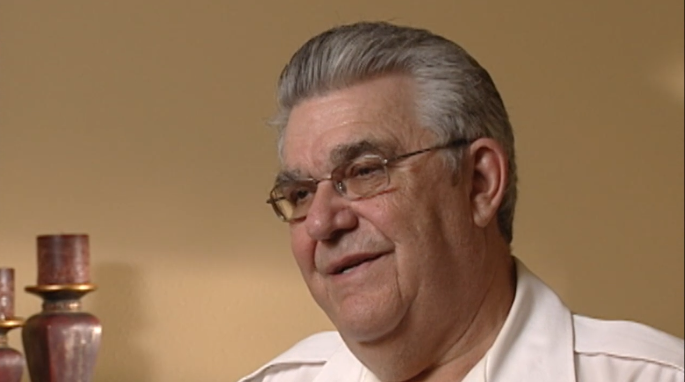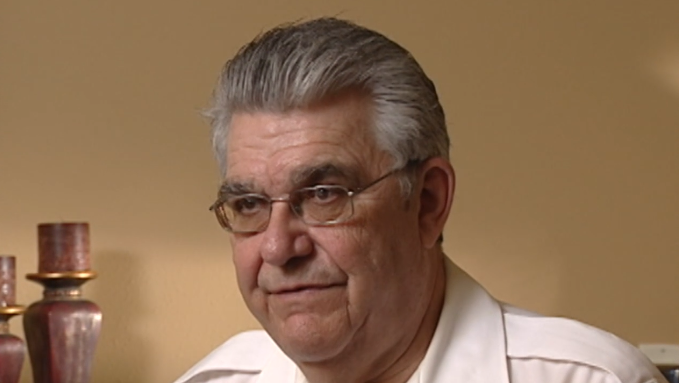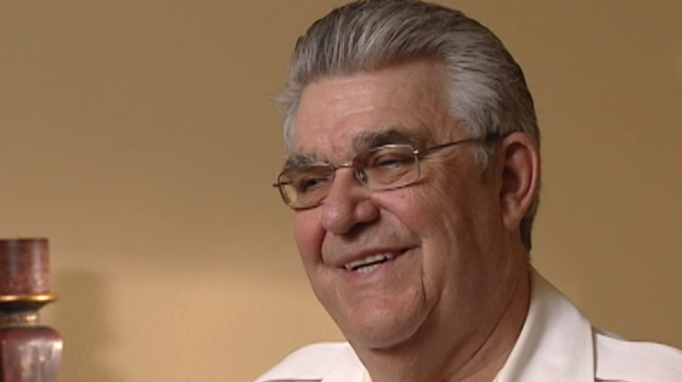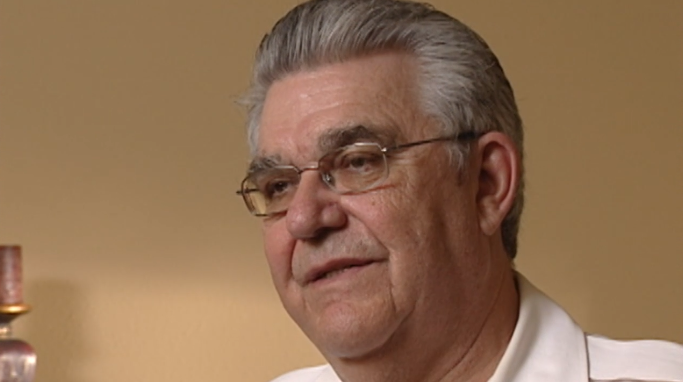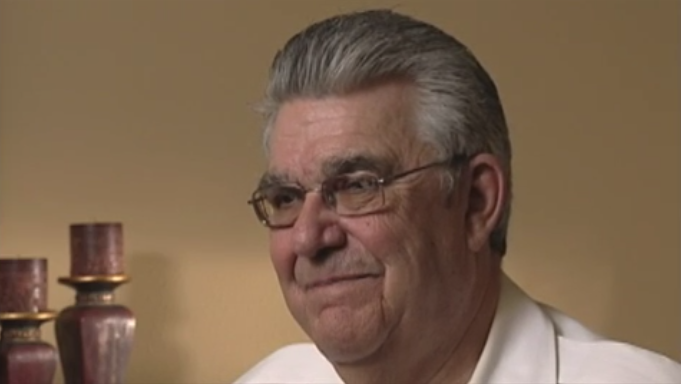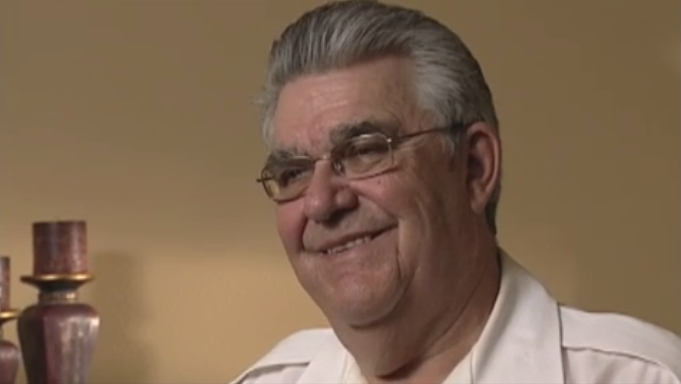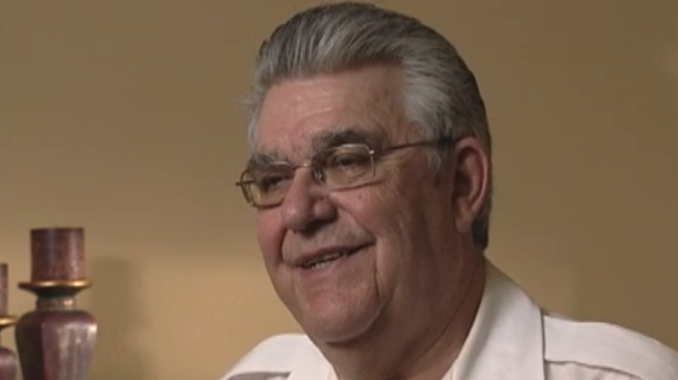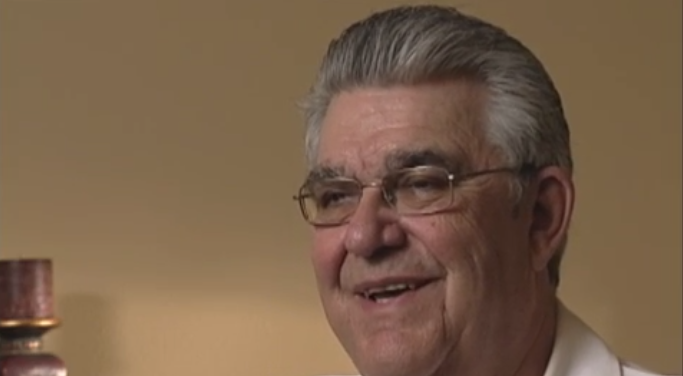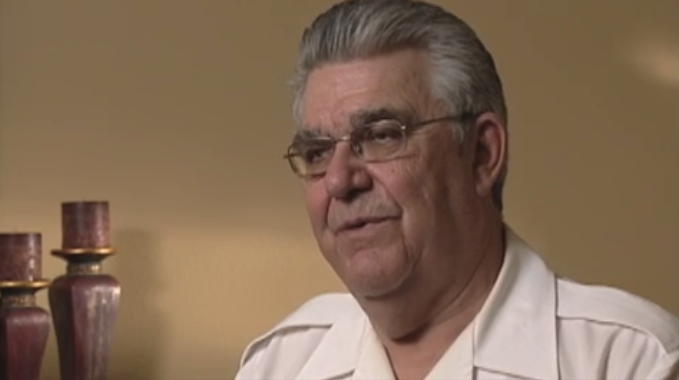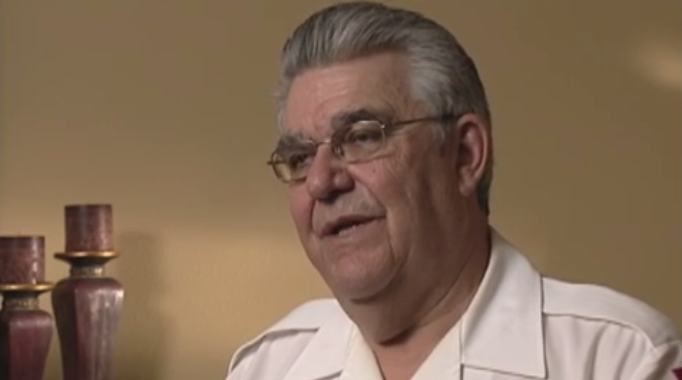Purpose
Heroes Remember
Purpose
Transcript
Description
Mr. Gallant discusses the main goal of the mission in Cyprus which was to maintain the peace between the Turks and the Greeks.
Fred Gallant
Born into an Acadian family in Mont-Carmel, Prince Edward Island, Mr. Gallant joined the Army and rose to the rank of Captain. He served two tours in Cyprus as part of the United Nations Peace Keeping Force in Cyprus (UNFICYP) during the 1970s and 1980s as Battery Captain. His methods helped many soldiers and his interventions most likely saved the lives of his own, and many Greeks and Turks. Years later, now a Major, he became a UN Military Observer as part of the United Nations Truce Supervision Organisation (UNTSO), maintaining the peace between Israel, Lebanon and Syria. He worked in all three middle eastern countries and has some eye opening stories to tell.
Meta Data
- Medium:
- Video
- Owner:
- Veterans Affairs Canada
- Duration:
- 2:52
- Person Interviewed:
- Fred Gallant
- War, Conflict or Mission:
- Canadian Armed Forces
- Branch:
- Army
- Units/Ship:
- Royal Montreal Regiment
- Rank:
- Captain
Related Videos
- Date modified:





